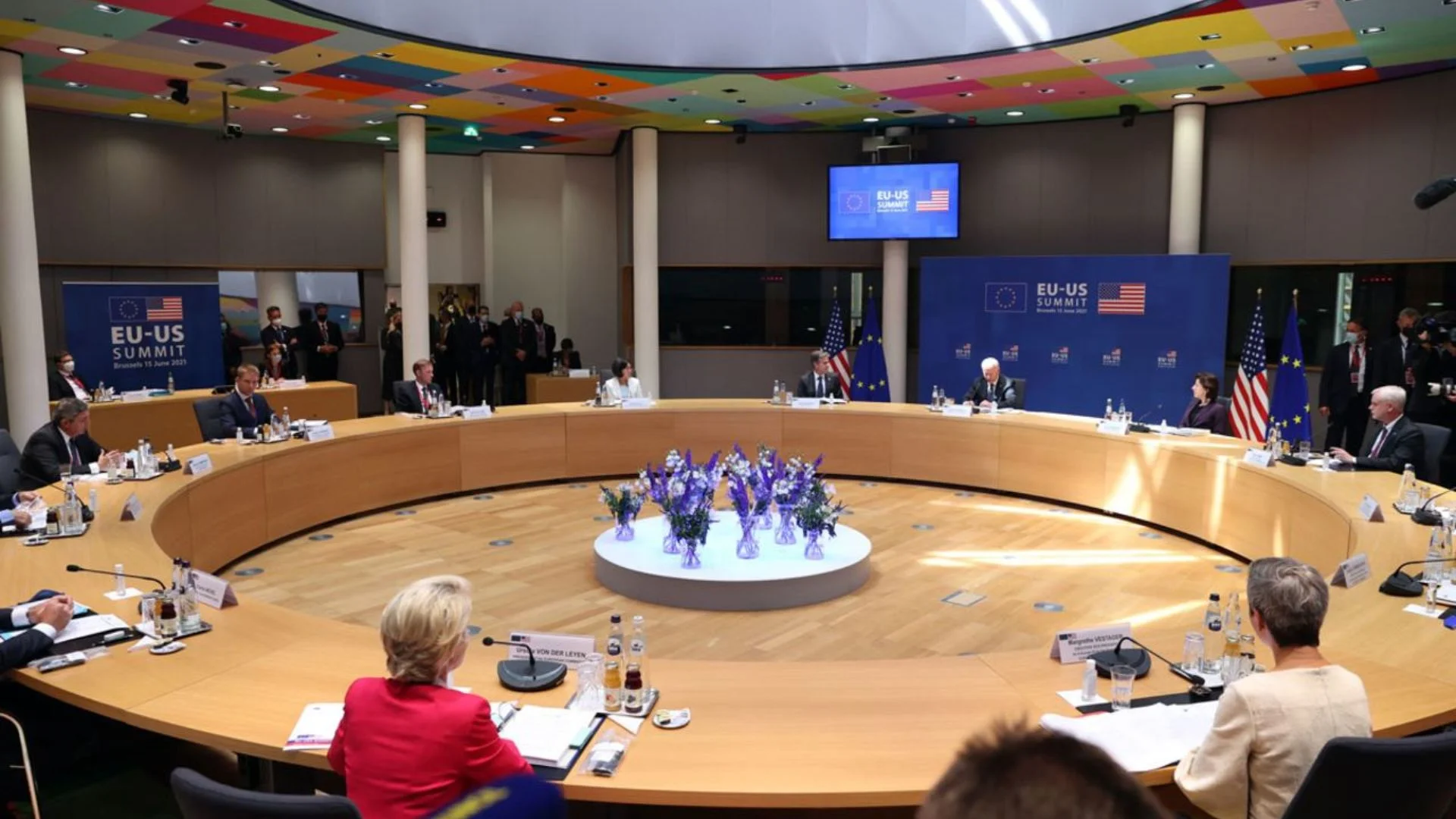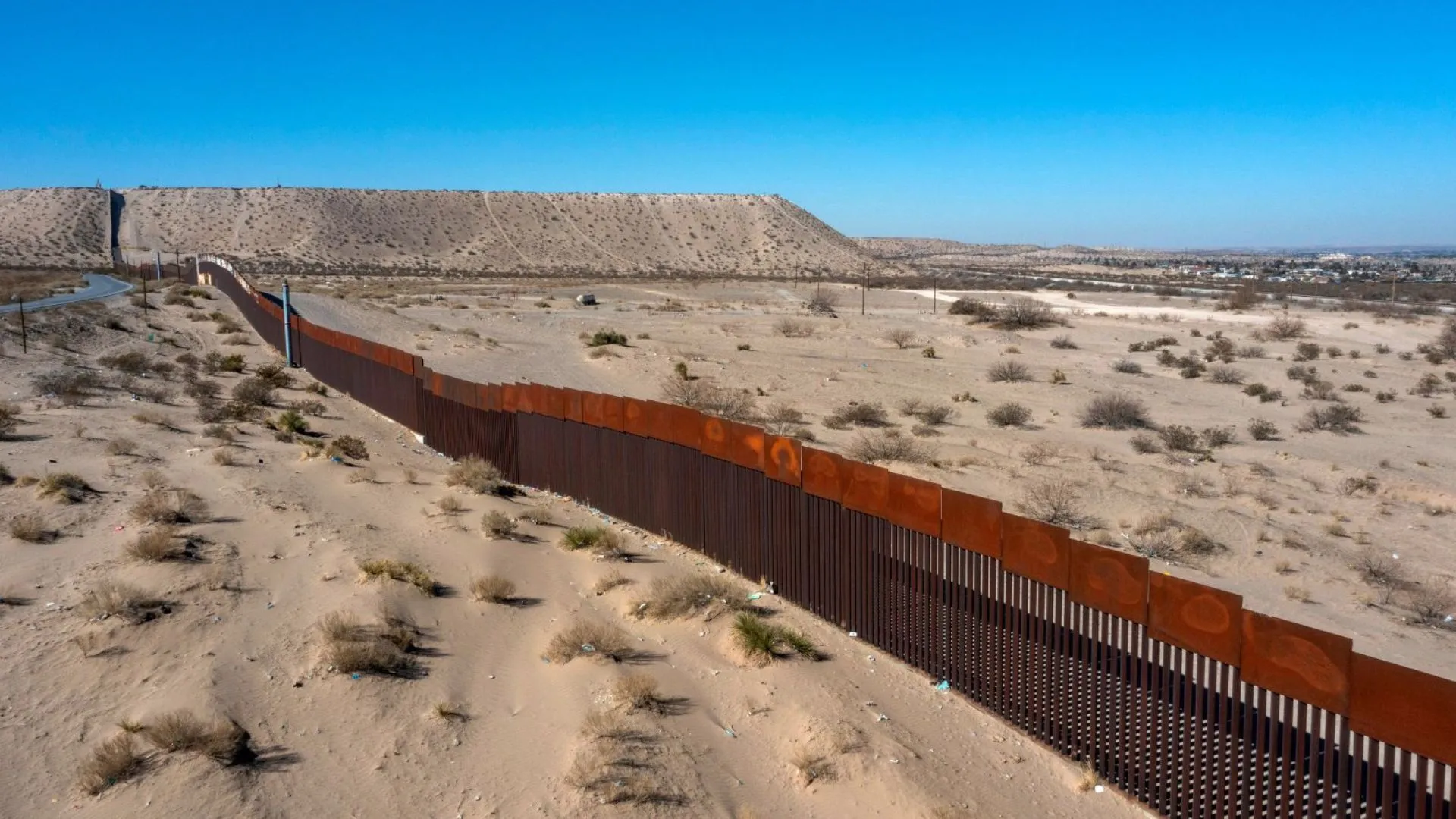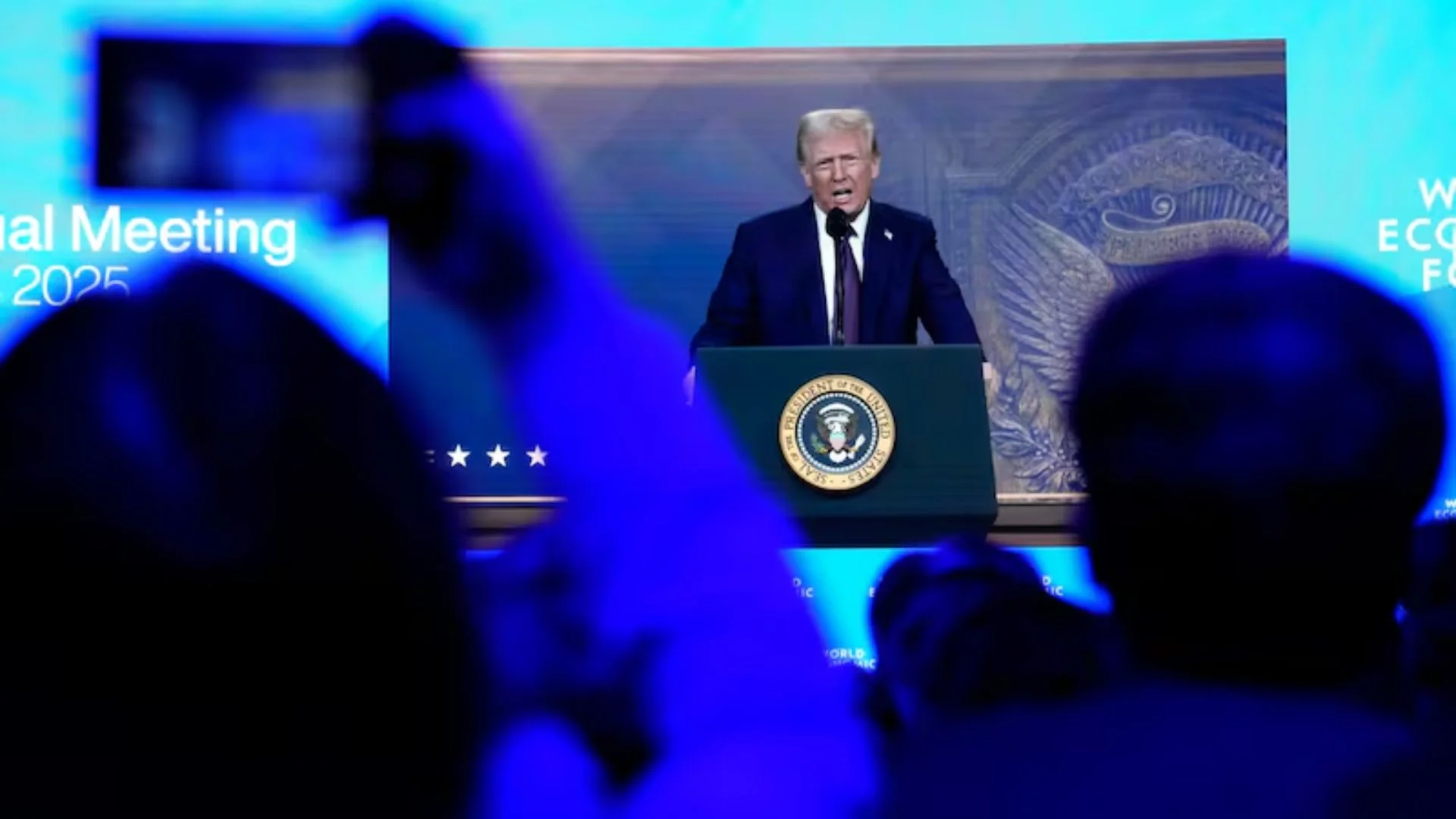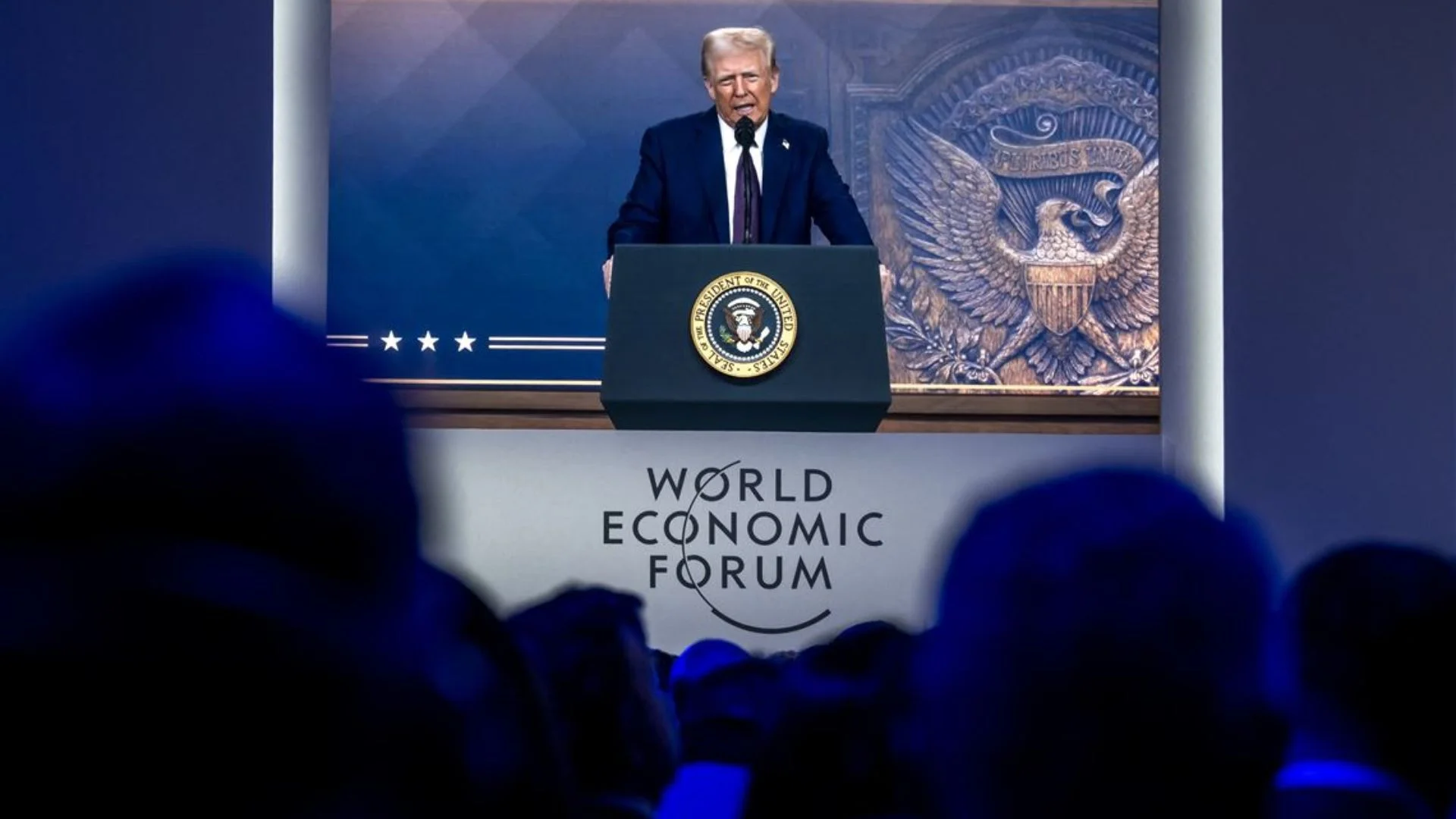There were celebrations across Jammu on Monday but life went on as usual in Srinagar and other district headquarters in the Kashmir Valley as the Supreme Court upheld the Centre’s decision to abrogate Article 370 and reorganise Jammu and Kashmir into two Union territories.
Shops and business establishments opened in Srinagar and elsewhere as per usual while public transport also plied normally, in sharp contrast to what was witnessed on August 5, 2019, when the Centre moved to scrap Jammu and Kashmir’s special status. There was radio silence from Kashmir that day.
The scenes in Jammu — the winter capital — were different on Monday as several organisations held events to celebrate the top court ruling and lauded it as a momentous decision.
While upholding the government’s decision on Article 370, a five-judge bench of the Supreme Court also directed that statehood to the Union Territory of Jammu and Kashmir be restored at the earliest and said steps should be taken to conduct elections to the Assembly in the Union Territory by September 30 next year.
In the summer capital, municipal workers were seen going about their work in the morning and tourists were busy clicking photographs at Lal Chowk in the city centre as taxis that ply between Srinagar and Jammu queued up at the tourist reception centre.
Shop owners along the upmarket Residency Road were seen lifting the shutters, unmindful of the fact that the top court of the country was scheduled to deliver the verdict on petitions challenging the abrogation of Article 370.
Muntazir Muzamil, a trader, said, “The verdict has been pronounced by the Supreme Court and there’s no point debating it now. For the past 35 years, Kashmir has seen only violence… now, we are hopeful that the pace of development happening in Kashmir won’t slow down.”
“The situation should remain peaceful. What else can a common man expect? We have to think of our future. Whatever happened has happened, it can’t be undone now,” he added.
Although there were more uniformed men on the streets in the morning, the numbers were not large enough to rouse any apprehensions. There were no concertina wires or special barricades erected on the roads to check the movement of people.

















